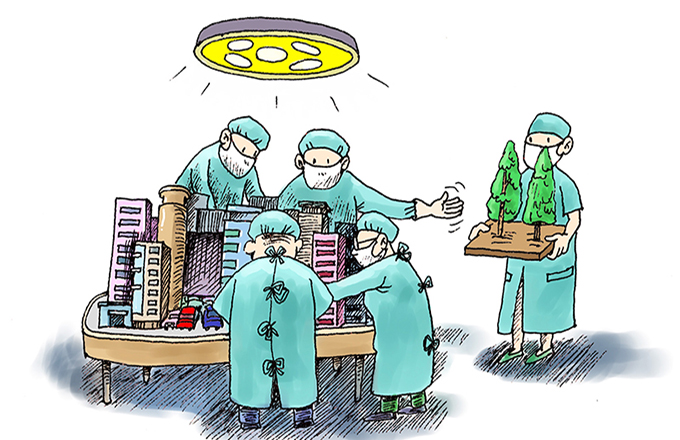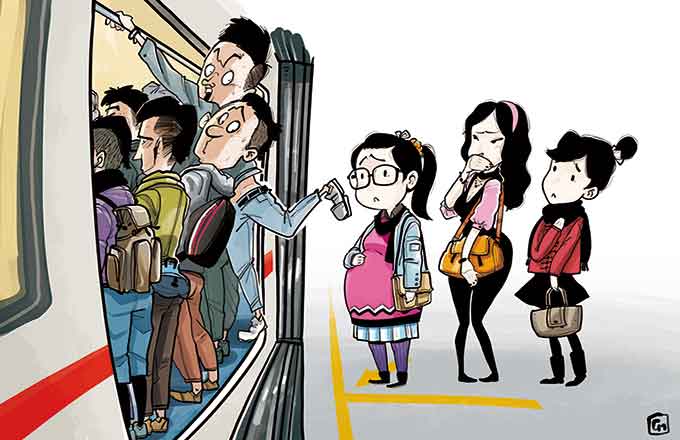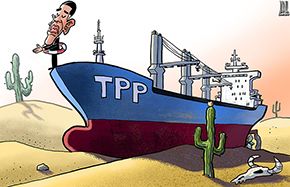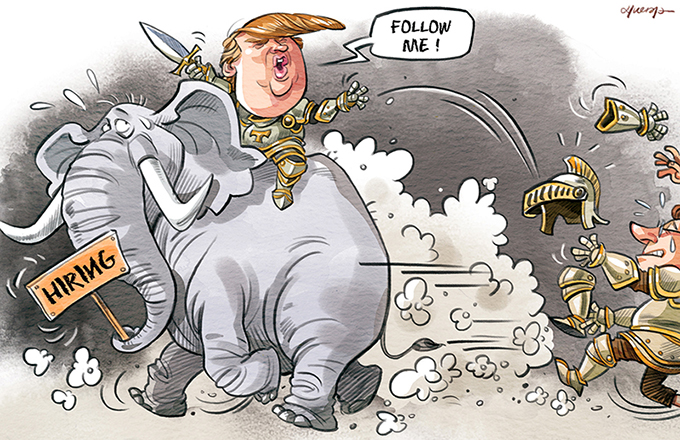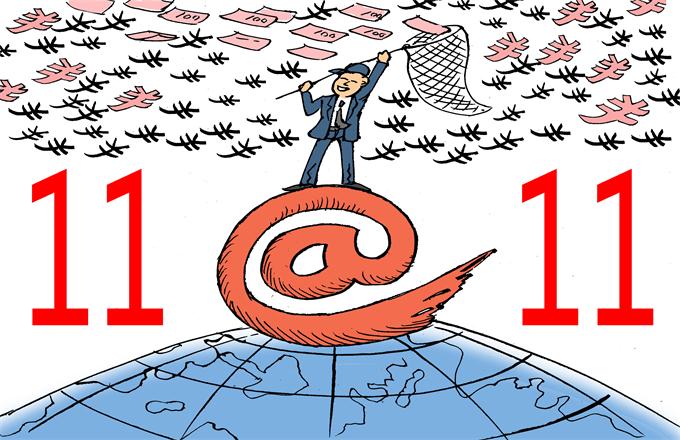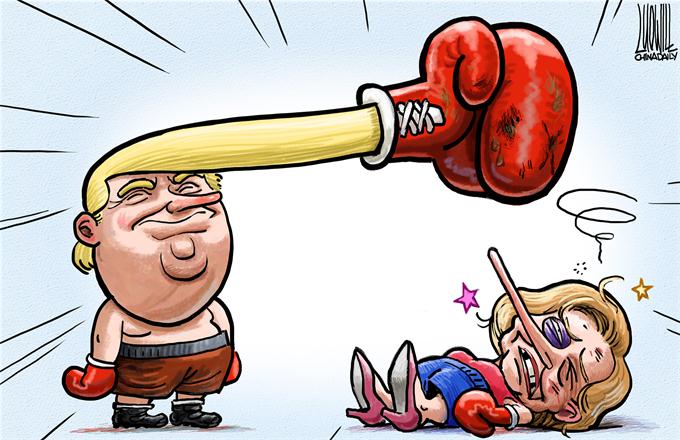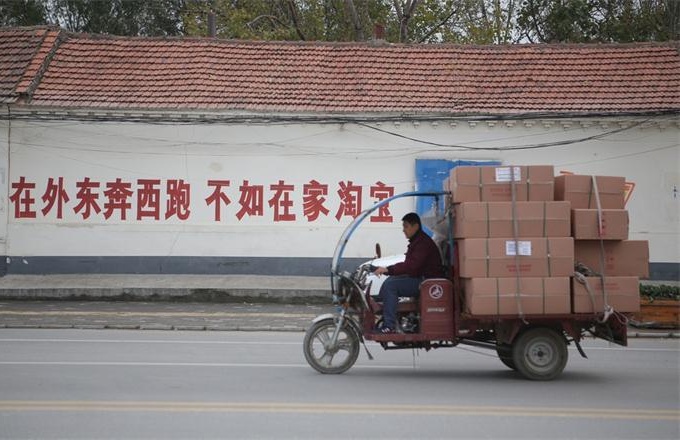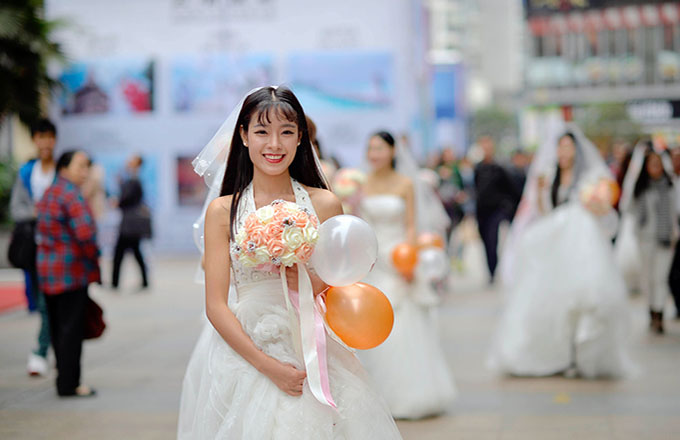HK oath ceremony not a platform for devilry
The NPC Standing Committee had to interpret Article 104 of the Basic Law to resolutely fight against the pro-"Hong Kong independence" those who are or will be civil servants and their separatist behaviors.
According to the NPC Standing Committee's interpretation, the content of oath is the legal requirement of candidates and elected civil servants listed in Article 104. The interpretation also explains the content of oath according to the law when legislators-elect assume office. The content of oath must be accurate and complete. Any dishonest, immodest or inaccurate oath will be invalid. And the oath administrator is responsible for confirming whether the oath is valid or not.
The interpretation also stipulates that individuals who take false oath or violate the local ordinance on oath will bear legal responsibility for their actions. People who assume the interpretation is a revision of Article 104 are grossly mistaken. The interpretation doesn't revise Article 104; it only explains its literal meaning. And those who suppose the interpretation interferes with Hong Kong's judicial independence are also mistaken.
The Basic Law of Hong Kong stipulates judicial independence, but it also stipulates that the NPC Standing Committee has the full right to interpret the Basic Law while Hong Kong courts derive their right to interpret the Basic Law from the NPC Standing Committee through the Basic Law. This means the NPC Standing Committee's right to interpret the Basic Law is superior to the right of Hong Kong courts to do so. The NPC Standing Committee's interpretation of Article 104 also provides guidance to Hong Kong courts, which will help them give just rulings.
Some people also wrongly surmise that the interpretation of Article 104 undermines the freedom of speech. According to the Basic Law, speeches delivered by legislators in LegCo are immune from legal liabilities, but they can enjoy the privilege only after assuming office. And since the oath of Leung and Yau was declared invalid, barring them from assuming office, they didn't enjoy that privilege.
Moreover, even legislators who have legal immunity cannot advocate "Hong Kong independence" because that is against Article 104 of the Basic Law. In other words, an oath ceremony should not be used as a platform for advocating "Hong Kong independence" because that is illegal.
The author is a professor of law at Peking University.
- Let's be thankful for all that Hong Kong offers
- 'Hong Kong self-determination' absurd, ignorant: Chinese diplomatic authorities
- Belt and Road Initiative poses new challenges to Hong Kong
- Beijing, Hong Kong unite to promote innovation and entrepreneurship
- President Trump and what he means for Hong Kong
- Hong Kong people say no to separatism
- Mainland banks lose luster in Hong Kong
- Hong Kong people say no to separatism


